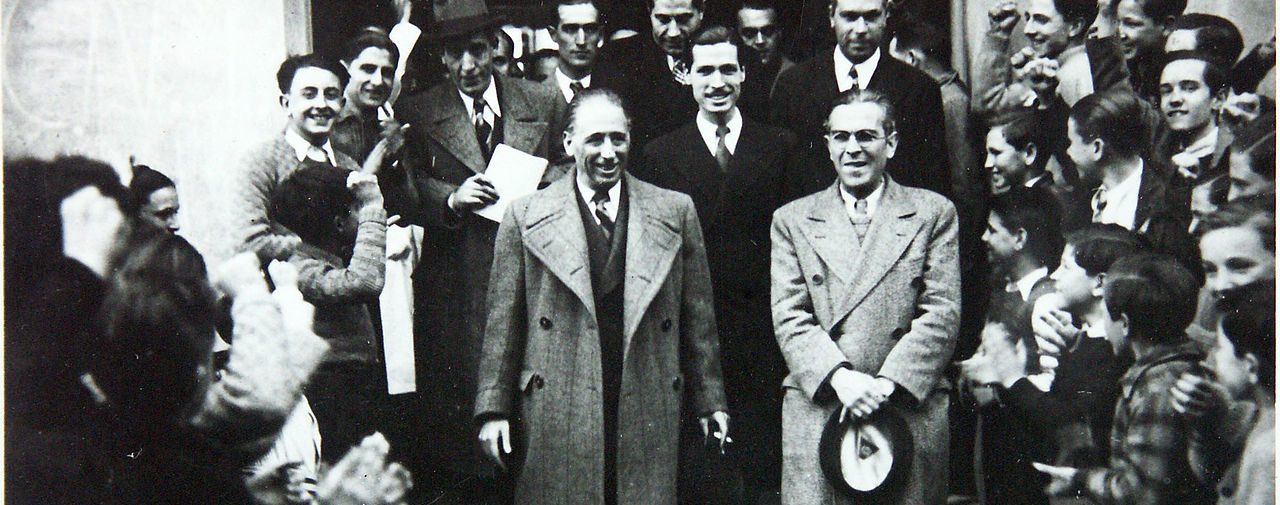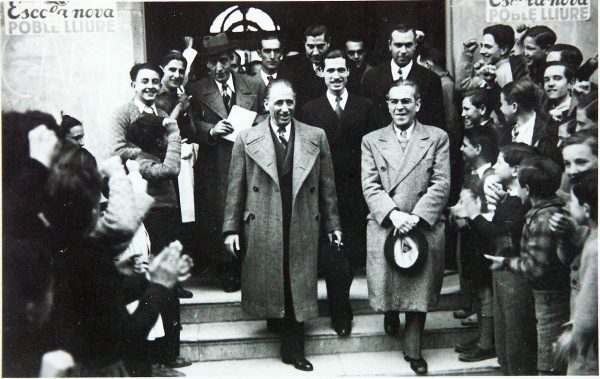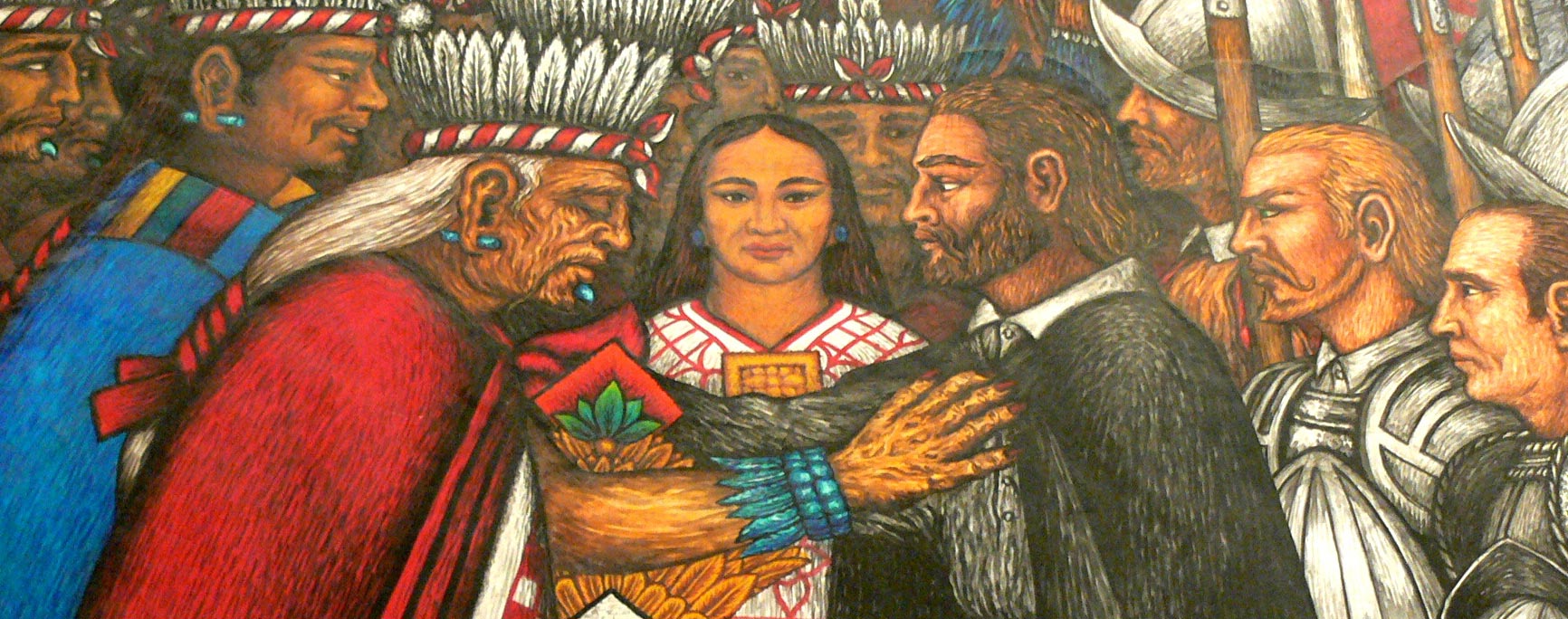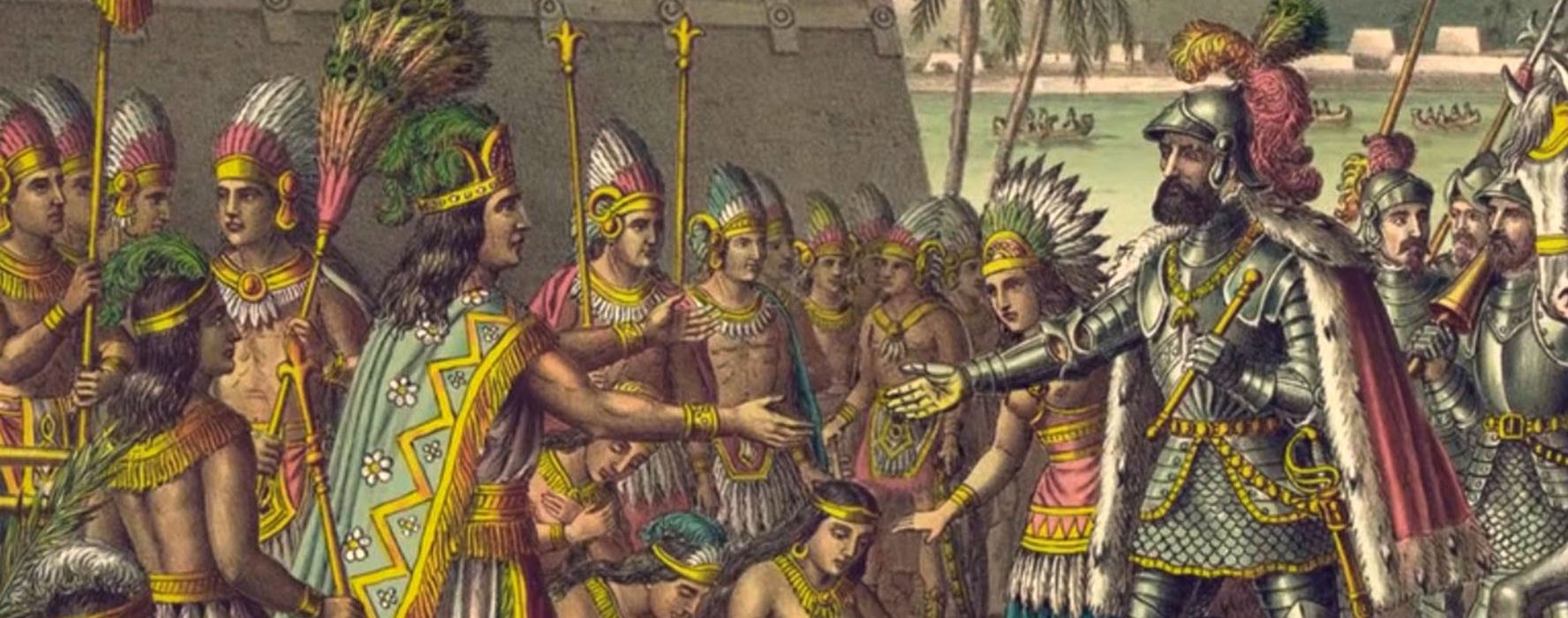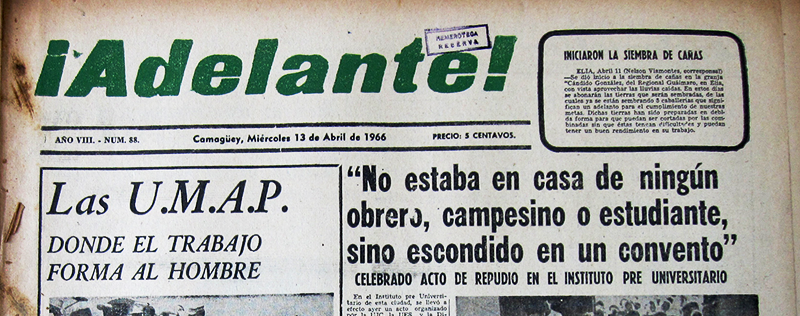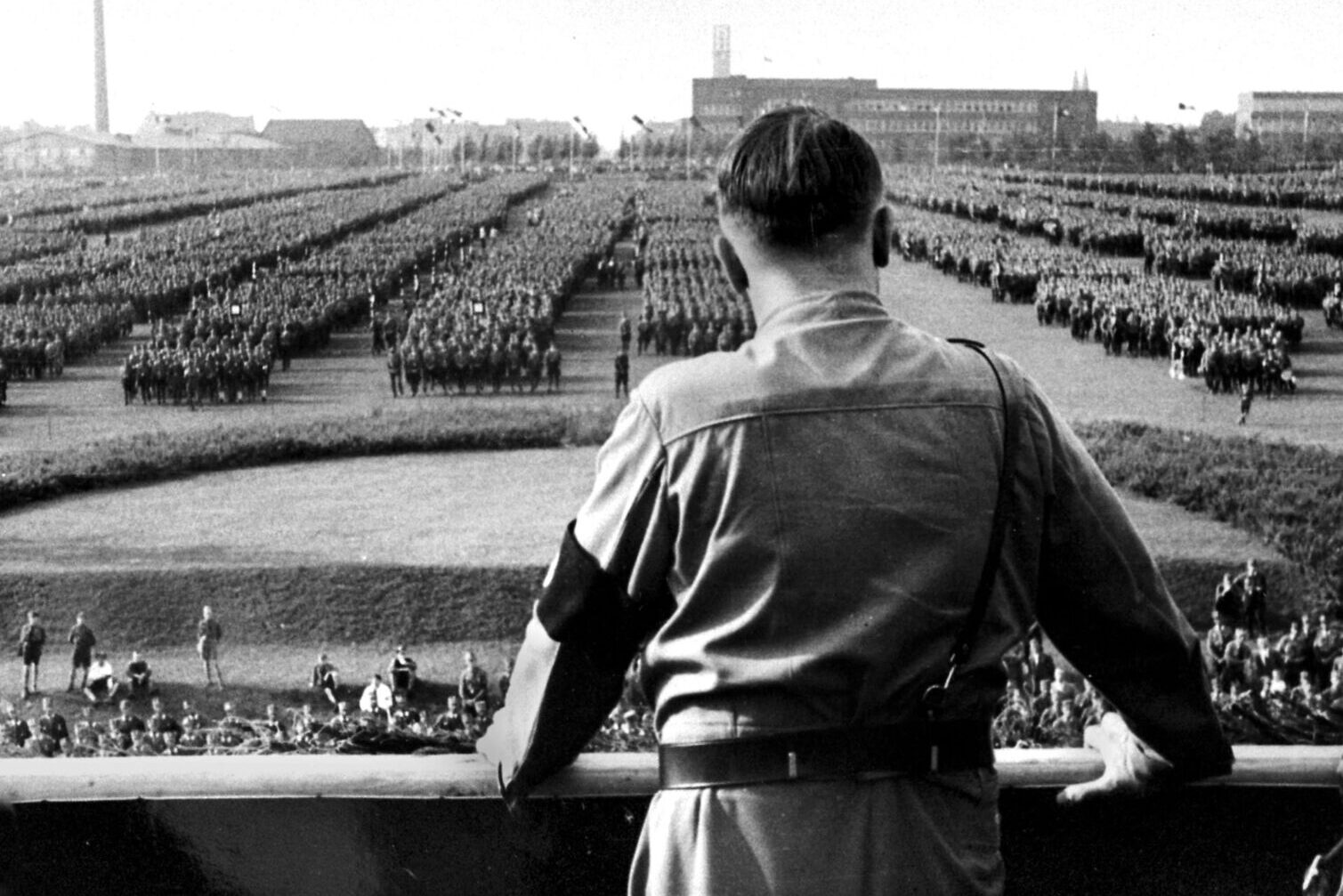Source:El Debate
Lluís Companys staged a coup d’état against the Lerroux government and proclaimed the Catalan State within the Spanish Federal Republic. Catalonia became independent from Spain
In the elections of 12 April 1931, Lluís Companys was elected to Barcelona City Council. On 14 April, Francesc Macià, Ventura Gassol, Joan Lluhí and others proclaimed the Republic hours before the rest of Spain. They then deposed the accidental mayor, Antonio Martínez Domingo. On 16 April Companys was appointed civil governor of Barcelona. He remained in this post until May, when he was replaced by Carlos Esplá. On 28 June, after the general elections, he was elected deputy for Barcelona. He went to Madrid to lead the left-wing nationalist group. He promoted the approval of the Statute of Autonomy and Azaña appointed him Minister of the Navy. On 20 November, after the elections, he obtained a seat in Sabadell and on 19 December he was elected the first president of the Catalan Parliament. He presided over it until 1933.
His life changed on 25 December 1933 on the death of Macià. In his roles in Parliament and in Madrid, he had gained a popularity equal to that of Macià. He also wrote articles in L’Humanitat and was one of the driving forces behind the Statute of Autonomy. For all these reasons, on 1 January 1934, he was elected president of the Generalitat and undisputed leader of the ERC (Republican Left or Catalonia). The year 1934 was to mark Catalan political life.
His lack of preparation for the office to which he had been elected was revealed by the Generalitat’s Crops Contracts Law. Companys refused a negotiated solution to the conflict. He used demagogy. That is, that Spain was against Catalonia. His attitude raised Catalanist sentiments. He said that “we Catalans are suffering aggression from the lackeys of the monarchy and the monarchist fascist troops”. He called for a social revolution, insinuating that there would be no repetition of the occasions when the Catalans had been insulted and had not known how to respond with the necessary violence.
He appointed Josep Dencàs as minister of government. With him and the escamots of the Badia brothers, he ushered in a dark period in the Catalan political landscape. The conflict between the Generalitat and the state ended with an agreement whereby the law was adapted in its regulations to the requests of the central government. Companys had kindled a revolutionary spirit in a society that was rising up in arms and in which pistolerism and death coexisted as a matter of course. That is why a group of exalted nationalists burned down the Palace of Justice in Barcelona. A conflict may have been resolved, but the seed of revolution was in the making.
The spark of conflict
The outbreak of this revolutionary germ took place on 6 October 1934. The spark that ignited it was the entry of the CEDA (confederation of right-wing parties) into the government of the Republic. Companys, a prisoner of his Catalanist proclamations and hostage to his demagogic discourse, opted for a total break with Republican legality. He staged a coup d’état against Lerroux’s government and proclaimed the Catalan State within the Spanish Federal Republic. Catalonia became independent from Spain.
At the time, the Generalitat had 3,400 escamots and 400 mozos de escuadra. A very small army. Neither the Assault Guards nor the Guardia Civil were at Companys’ side. Catalan independence lasted 10 hours. The army, under the command of General Batet, thwarted the coup d’état. Although it had incited civil violence, they surrendered without resistance. It did not have the support of the escamots, who fled. Nor did the Unió de Rabasaires agree with the proclamation of independence. General Batet only needed 500 men to dismantle the Estat Català. The coup d’état resulted in 73 deaths.
The entire government of the Generalitat was arrested and imprisoned on the prison ship Uruguay. The government of the Republic suspended the Statute of Autonomy. Taken to Madrid, the Tribunal of Constitutional Guarantees tried them and sentenced them for rebellion on 6 June 1935 to 30 years’ imprisonment and absolute disqualification. They were transferred to El Puerto de Santa María prison in Cádiz.
Catalonia was placed under Madrid’s rule for a few months, and the Generalitat and its powers were suspended. Despite his disqualification, the Catalans continued to consider him president of the Generalitat, although he was unable to exercise either administrative or executive functions. This was when Companys began to be mythologised. He became a politician persecuted by Spanish centralism.
An astuteness
From prison, Companys played his political card by collaborating in the work of the Popular Front by attracting the votes of his anarchist friends to him. Despite his disqualification, he stood in the February 1936 elections as part of what came to be called the Front d’Esquerres de Catalunya (Leftist Front of Catalonia). He was elected as a member of parliament for Barcelona. Azaña granted amnesty to the Generalitat government. Companys, now in Barcelona, again proclaimed himself president of the Generalitat.
When the Civil War broke out, he had the astuteness to bring together all the left-wing Catalan parliamentary parties in the government of the Generalitat. This did not mean that they ran Catalan politics. Power was in the hands of the anarchists and communists. Companys supported the repression that took place in Catalonia. Ossorio y Gallardo summarised the evolution of Catalonia during the war in a letter written on 19 November 1937: “Catalonia is nothing but republicans, liberals, democrats, with an atrocious background of individualism and, consequently, refractory to any communist tendency; Catalonia has succeeded in creating a military industry that is already truly valuable; and Catalonia does all this identified with the Government of the Republic and with all Spaniards”.
It was a dark period in which all the projects that were carried out failed, especially the collectivisations. The war period can be summed up as repression, political chaos, intrigues to assassinate Companys, changes of parties in power, fear of losing autonomy and a markedly pro-independence way of thinking.
Share this article
On This Day
No Events
History of Spain
26 August 2020
27 January 2021
Communism: Now and Then
23 December 2022
28 July 2021
